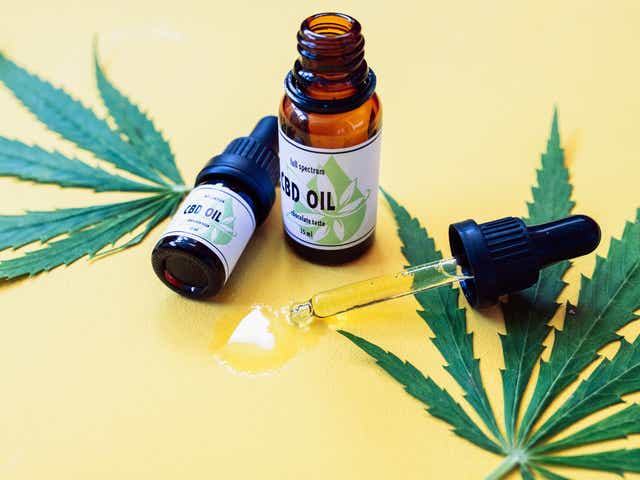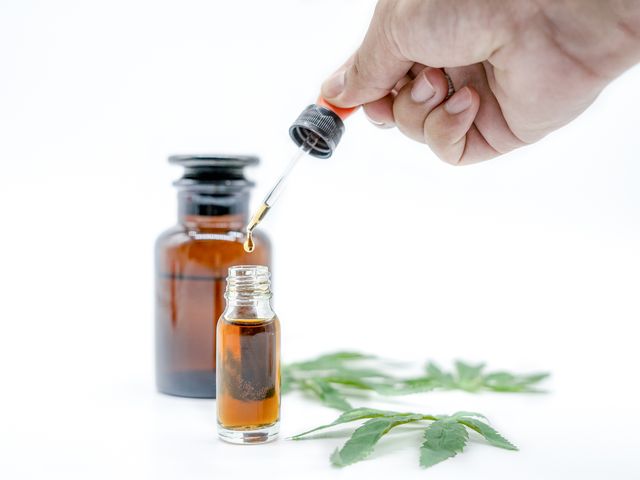
In today’s fast-paced world, anxiety and stress have become prevalent issues affecting millions of people. The toll that these conditions take on mental health, well-being, and overall quality of life is significant. While various treatments and therapies are available, many individuals are seeking natural alternatives to manage their anxiety and stress. One such option that has gained attention in recent years is CBD (cannabidiol). In this blog post, we’ll explore the potential benefits of using CBD for anxiety and stress relief and discuss its role in promoting mental well-being.
Understanding Anxiety and Stress
Before delving into the potential benefits of CBD, it’s important to understand the conditions it aims to address.
Anxiety
Anxiety is a natural response to stress or perceived threats. It can manifest as feelings of unease, fear, or worry, and it often accompanies stressful situations. While occasional anxiety is normal, an anxiety disorder involves excessive, prolonged worry or fear that can interfere with daily life. Common anxiety disorders include generalized anxiety disorder (GAD), social anxiety disorder, and panic disorder.
Stress
Stress is the body’s reaction to challenging or demanding situations. It can be a response to external stressors, such as work deadlines, financial pressures, or relationship issues, as well as internal stressors, like worries and concerns. While some stress is normal and can even be motivating, chronic stress can lead to adverse physical and mental health effects.
How CBD May Help with Anxiety and Stress
CBD is a non-intoxicating cannabinoid found in the cannabis plant. Unlike its counterpart THC (tetrahydrocannabinol), CBD does not produce a psychoactive “high.” Instead, it interacts with the endocannabinoid system (ECS), a complex network of receptors and neurotransmitters throughout the body, to potentially provide various health benefits.
Potential Mechanisms of Action for CBD’s Effects on Anxiety and Stress:
- Interaction with Receptors: CBD may interact with receptors in the ECS, such as CB1 and CB2 receptors, to modulate the release of neurotransmitters like serotonin. Serotonin is known to play a role in mood regulation, and imbalances are linked to anxiety and depression.
- Reduction of Anxiety-Inducing Neurotransmitters: CBD may inhibit the reuptake of adenosine, a neurotransmitter that promotes relaxation. This action can lead to increased levels of adenosine in the brain, potentially reducing anxiety.
- Anti-Inflammatory Effects: Chronic stress and inflammation often go hand in hand. CBD’s anti-inflammatory properties may help reduce inflammation in the brain and body, potentially mitigating stress-related symptoms.
- Neuroprotection: CBD’s neuroprotective properties may protect against the damaging effects of chronic stress on brain cells and neural pathways.

Scientific Evidence and Research on CBD for Anxiety and Stress
While more research is needed to fully understand CBD’s effects on anxiety and stress, some studies have shown promising results:
1. Clinical Trials
A 2019 study published in The Permanente Journal found that CBD significantly reduced anxiety scores in participants with anxiety and sleep concerns. The study suggests that CBD may be a beneficial tool in addressing both anxiety and sleep disturbances.
2. Preclinical Studies
Preclinical studies on animals have demonstrated CBD’s potential to reduce stress and anxiety-related behaviors. These studies often involve inducing stress or anxiety in animals and then administering CBD to observe its effects.
3. Human Surveys
Numerous surveys and anecdotal reports indicate that many individuals experience anxiety and stress relief with CBD use. While these reports are valuable, they are not a substitute for controlled clinical trials.
Considerations When Using CBD for Anxiety and Stress
When considering CBD for anxiety and stress relief, it’s important to keep the following considerations in mind:
1. Dosage
CBD dosage can vary widely from person to person. It’s advisable to start with a low dose and gradually increase it until you achieve the desired effects. Consulting with a healthcare professional can help determine an appropriate starting dosage.
2. Product Quality
Choose high-quality CBD products from reputable manufacturers. Look for products that have been tested by third-party labs to ensure they contain the advertised amount of CBD and are free from contaminants.
3. Consistency
Consistency in CBD use is key to achieving the desired effects. Establish a consistent dosing schedule to track its impact on your anxiety and stress levels accurately.
4. Consult with a Healthcare Professional
If you have underlying medical conditions, are taking medications, or have concerns about potential interactions, consult with a healthcare professional before using CBD for anxiety and stress.
5. Legal Status
CBD’s legal status can vary by country and state. Familiarize yourself with local laws and regulations regarding CBD before purchasing or using it.
Conclusion
While research on CBD for anxiety and stress is still evolving, it holds promise as a natural alternative for individuals seeking relief from these common mental health concerns. CBD’s potential to interact with the endocannabinoid system and modulate neurotransmitters associated with anxiety and stress offers hope for improved mental well-being. If you’re considering using CBD to manage anxiety and stress, it’s essential to approach it with an informed perspective, start with a low dosage, and consider consulting with a healthcare professional for personalized guidance. Click to get more information on CBD in this link. As our understanding of CBD’s effects on mental health grows, it may become an increasingly valuable tool for promoting overall mental well-being and resilience in the face of life’s challenges.

